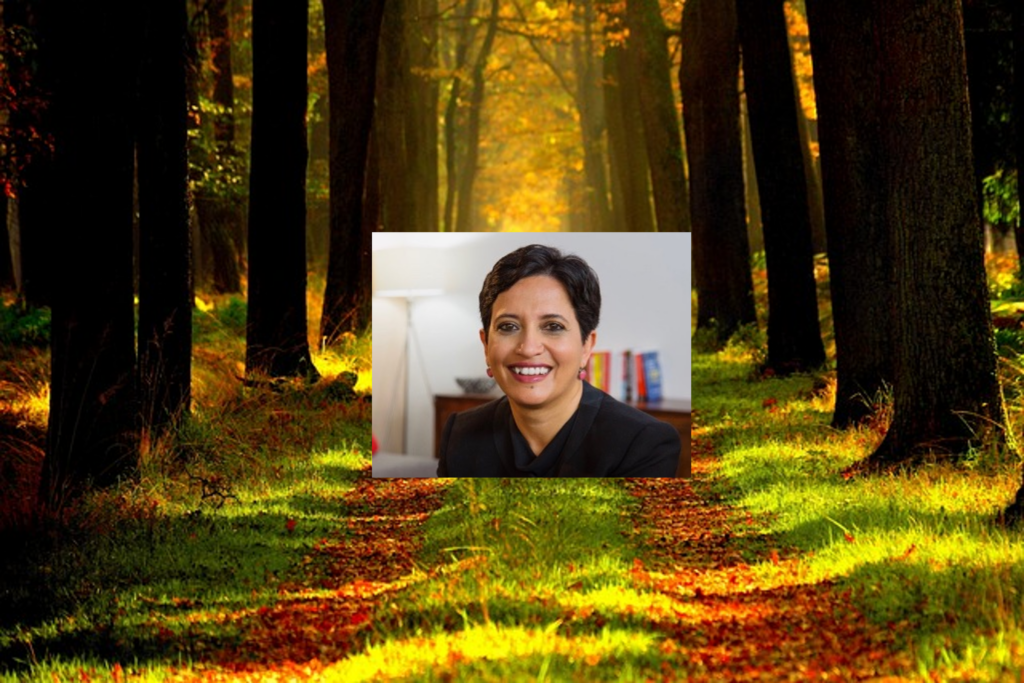Entrepreneur Case Studies
1Mby1M Udemy Courses with Sramana Mitra: Bootstrapping

Over the course of two years, we have released over 70 courses on Udemy with the aim to democratize entrepreneurship education at scale globally. This series of posts aims to help you find the one you need easily and provide you with discount coupons.
>>>Ukrainian Entrepreneur Bootstrapped with a Paycheck to $7M ARR: Nikita Sherbina, CEO of AIScreen (Part 4)
Sramana Mitra: Was it just you and your Ukrainian developers at this point?
Nikita Sherbina: No. One was a developer and the other was a designer. I’m the Product Sanager, Sales. One guy was building it. Another guy was designing it. I was trying to build a sales team and thinking about different features. If you have a couple of people, you can do a lot. I don’t think you even need a good developer. You need to solve before you build.
>>>Ukrainian Entrepreneur Bootstrapped with a Paycheck to $7M ARR: Nikita Sherbina, CEO of AIScreen (Part 3)
Sramana Mitra: How did you get your first customer? It sounds like you had a personal experience as well as observed experience of identifying the problem. How did you get to the first customer?
Nikita Sherbina: We outsource sales people and back in my country, we educate them. We educate those sales reps how to gather emails from LinkedIn. You go to Google Maps. You search 100 different locations with restaurants. You schedule those with your offer. You get a response.
>>>Ukrainian Entrepreneur Bootstrapped with a Paycheck to $7M ARR: Nikita Sherbina, CEO of AIScreen (Part 2)
Sramana Mitra:: Talk about the two projects.
Nikita Sherbina: I was working in an AI-enabled tool company. It was for marketing and sales people. It helped communication between departments. For example, you can create multiple campaigns in sales. Marketing people can see all these statistics. We’ve 80 customers which generated $80 million of revenue. It was a B2B SaaS business. We were providing a software platform.
>>>Ukrainian Entrepreneur Bootstrapped with a Paycheck to $7M ARR: Nikita Sherbina, CEO of AIScreen (Part 1)

This is a classic bootstrapping story with a very small team to serious revenue.
Sramana Mitra: Let’s start at the very beginning of your journey. Where are you from? Where were you born and raised? What kind of background?
Nikita Sherbina: I was born and raised in Ukraine. I moved to the United States about six years ago without knowing anything about this land.
>>>Smart City Use Cases and Opportunities: Jay Chandan, CEO of Gorilla Technology (Part 6)
Sramana Mitra: In general, the issue of internet of things and all kinds of monitoring is that there is a lot of data being generated. That data does need to be protected in a holistic and wholesome way. Your point is well taken that that problem needs to be thought about more accurately and more precisely.
Jay Chandan: It’s a long-term issue. We are working very closely with a lot of the government agencies to address them.
>>>Smart City Use Cases and Opportunities: Jay Chandan, CEO of Gorilla Technology (Part 5)
Sramana Mitra: In those situations, they are the tier one system integrator and you come in as a tier two or tier three.
Jay Chandan: I’m happy being tier two. I wouldn’t call myself tier three today.
Sramana Mitra: Your genesis is Taiwan. Where are you getting the traction? Is it more in Southeast Asia?
>>>Smart City Use Cases and Opportunities: Jay Chandan, CEO of Gorilla Technology (Part 4)
Sramana Mitra: The point that I’m probing here is, you have a cybersecurity business. Then you have a transportation management business. Is that the best way to manage a business to have such diversity? In each of those, you’re going to encounter pure play providers. Cybersecurity is an extraordinarily competitive market. You’re going to be facing all the competition from the cybersecurity world.
>>>